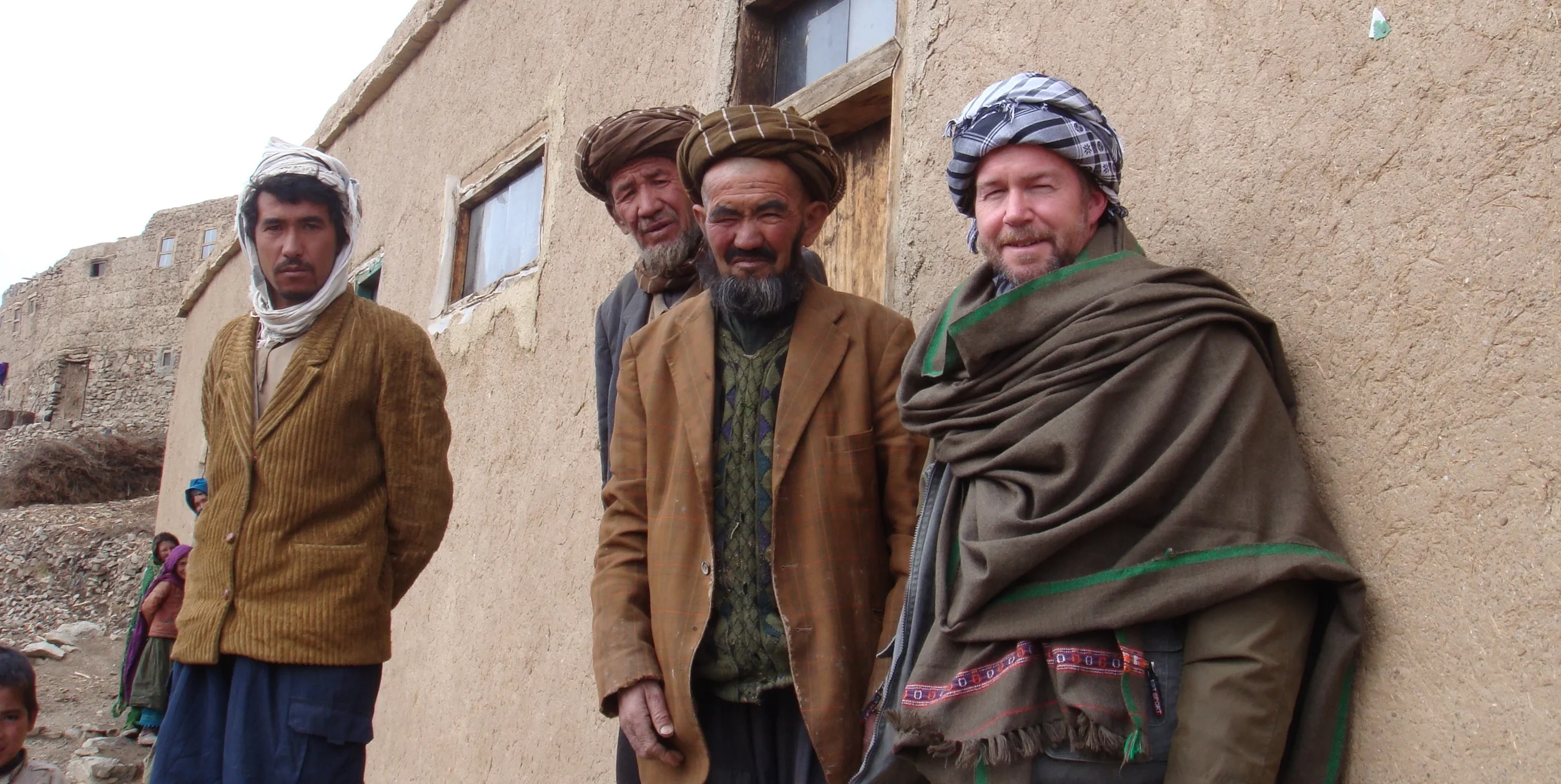I remember a particular Sunday morning that summer. I was assigned to the bridge to observe the helmsman. We were in the middle of the Atlantic steering a course of 90° due east, bound for Gibraltar. With blue sea before us, blue sky above us, and a steady-as-she-goes direction, I suggested to the helmsman that I could take the helm. I thought, “If I can drive a car, I can drive a ship.” He gave me a few instructions, particularly the compass bearing of 90°, and then went to have a cigarette. What could go wrong?
Standing before that great brass wheel steering a 700-foot Navy vessel, I was elated. But after a few short minutes, I heard a steady stream of curses growing louder and headed in my direction. A red-faced lieutenant came on the bridge demanding to know who was at the helm. It was not a question any of us wanted to hear.
After the officer set things right, he took me out on the bridge and pointed to the ship’s wake. Instead of a nice straight wake as we sailed due east, the wake was a wide “J” and now we were headed south! To this day I don’t know how I could go off course so quickly and so completely, but it was an easy fix out there in the wide, wide sea. Afterwards, I was assigned to the night shift on starboard watch, where I could do no harm.
But something else happened earlier that year that would actually set the course of my life because 2024 also marks 50 years since God called me to preach the Gospel. God’s “call” is not mysterious, but it is often misunderstood. Christ’s claims are already over all of life, and our Cross-bearer’s call to “take up your cross and follow me” is clear, personal, and compelling. So, even if it doesn’t come with an on-the-road-to-Damascus experience, it is still the path of life. “For whoever would save his life will lose it, but whoever loses his life for my sake will find it” (Matthew 16:25).
I think Hudson Taylor’s missionary calling is typical. You would think that Taylor, the pioneer missionary who opened up the interior of China for the Gospel and mobilized thousands to eventually follow his footsteps, would have a dramatic encounter with God. Well, actually he did—but without lights and voices. After his conversion at 17, Taylor poured himself into his church’s outreach and, according to one biographer, he “soaked up Scripture until he thought in its language.” Later, Taylor described a day when alone in prayer, he met with God:
In the gladness of my heart I poured out my soul before God, and again confessing my grateful love to Him who had done everything for me . . . I besought Him to give me some work for Him, as an outlet for love and gratitude; some self-denying service, no matter what it might be, however trying or however trivial. . . . The presence of God became unutterably real and blessed, and . . . I remember stretching myself on the ground, and lying there silent before Him with unspeakable awe and unspeakable joy. For what service I was accepted I knew not. But a deep consciousness that I was not my own took possession of me.
Here’s what happened to me on Sunday, February 3, 1974, in a little country church set amid the tobacco fields of southern Virginia. In the weeks leading up to that Sunday, I felt an awakening in my heart that God might want me to preach, but how was I to know? I knew it wasn’t a step to be taken lightly, and I was already interested in pursuing a career in the Navy so I could serve my country and see the world. I was going to be spending the summer on a Navy ship, which was quite an honor, and a good step toward my dream of going to Annapolis. But what was this tug on my heart when I read the Bible and heard it preached? I write these things to underscore the draw that a career in the Navy was for me and the crossroad I now stood in.
That Sunday morning on February 3, in a quiet moment, I came across Proverbs 1:33, “But whoso hearkeneth unto me shall dwell safely, and shall be quiet from fear of evil.” That verse is not a typical “calling” passage at all, but the words stood out like they were written just for me. But how was I to know if this “hearkening” was to answer the call to preach the Gospel? I soon found out.
I went and joined the choir that morning, and we led the congregation in singing, “How Great Thou Art.” Don’t think in terms of a powerful musical presentation with a full orchestra. Instead, think of a country church with a piano and maybe a hundred voices—kids, old folks, and everyone in between—simply joining in on another Sunday morning song:
Then sings my soul,
My Saviour God, to Thee,
How great Thou art!
How great Thou art!
What happened next is hard to describe. Like Hudson Taylor said, “The presence of God became unutterably real,” for somehow during the singing, the presence of God suddenly and unmistakably became so real that we couldn’t go on. Our pastor simply stepped up to the pulpit and invited any who wanted to come and pray. Nothing like this had ever happened in our church before, and I knew this was the moment to “hearken” to the One who was calling me into His glorious service. I left my place on the back row of the choir loft and went forward to pray, and there it was settled.
Though I was only fifteen at the time, my pastor strongly—and correctly—believed that if you were called to preach that you “exercised the gift.” And so, he had me in the pulpit the next week preaching my first sermon. I feel sorry for those people who had to endure my early messages, but I am also incredibly thankful for their patience and for the wonderful mentors that God brought into my life over the years.
















